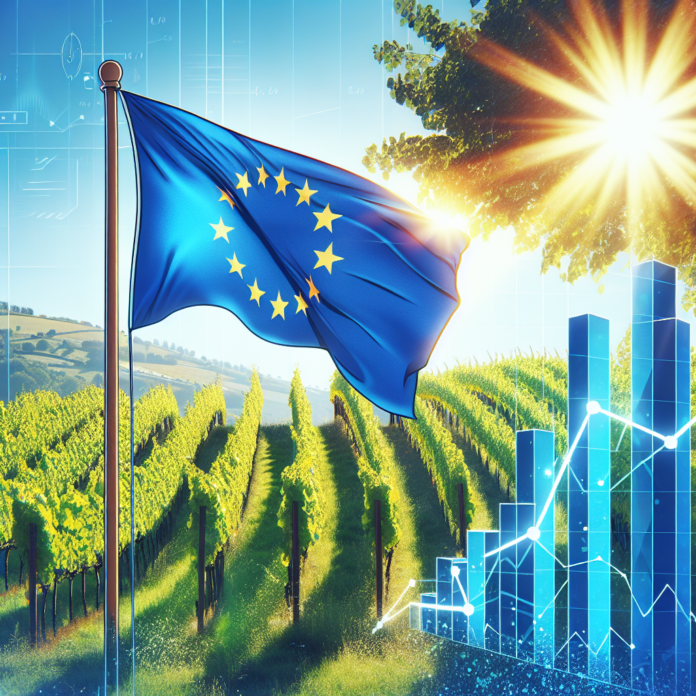EU Advocates for Future-Focused Investments Over Downsizing
EU: Invest in the Future, Not in Downsizing
Wine Industry News
The European Union (EU) is at a crossroads when it comes to its wine industry. As one of the world’s leading wine-producing regions, the decisions made today will shape the future of this vital sector. Current discussions have shifted towards the need for strategic investments rather than focusing on downsizing.
Current Challenges
The EU wine industry faces a multitude of challenges, including climate change, fluctuating market demands, and increasing competition from non-European wine producers. These factors have put pressure on traditional wine-making regions to adapt quickly.
The Argument Against Downsizing
Downsizing has often been proposed as a quick fix to mitigate financial losses, but this approach is short-sighted. While reducing production can lower immediate costs, it also risks the long-term sustainability of the industry. Smaller production scales can lead to a loss of cultural heritage, expertise, and market presence.
Investment in Innovation
Rather than downsizing, the EU is being urged to invest in innovation. This includes funding for research into new grape varieties that are more resistant to climate change, as well as the development of sustainable farming practices. Investment in technology, such as precision agriculture and advanced fermentation techniques, can also yield higher quality wines while reducing environmental impact.
Market Expansion
Another area ripe for investment is market expansion. The EU can focus on promoting European wines in emerging markets like Asia and Africa, where demand for high-quality wine is growing. This can include trade missions, marketing campaigns, and collaborations with local distributors.
Supporting Small and Medium Enterprises (SMEs)
Small and medium enterprises (SMEs) form the backbone of the EU wine industry. Providing financial and technical support to these businesses can help them compete on a global scale. Grants, low-interest loans, and training programs can equip SMEs with the tools they need to thrive.
Environmental Sustainability
Sustainability is a key concern for the future of the wine industry. Investments in renewable energy sources, water conservation, and organic farming can make the industry more resilient. The EU can lead the way in setting global standards for environmentally friendly wine production.
Policy Support
Robust policy support from the EU is essential. This includes protective measures against unfair trade practices, subsidies for sustainable practices, and incentives for innovation. Policymakers need to create a conducive environment for the wine industry to flourish.
Conclusion
The future of the EU wine industry lies in strategic investment, not in downsizing. By focusing on innovation, market expansion, support for SMEs, environmental sustainability, and robust policy support, the EU can ensure that its wine industry remains a global leader. Investing in the future will not only preserve the rich heritage of European winemaking but also pave the way for a prosperous and sustainable industry.
